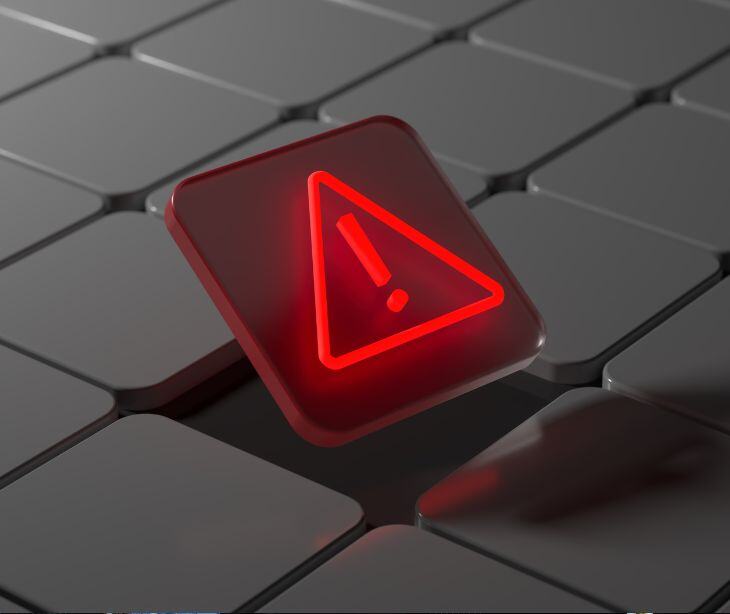
The healthcare industry is an ideal target for cyber threat actors because of its vast amounts of sensitive data and critical infrastructure. Understanding threats and implementing cybersecurity measures protects patient privacy, maintains operational continuity, and safeguards healthcare organizations.
Sensitive data
One of the primary reasons cybercriminals target healthcare organizations is the abundance of sensitive data they possess. Healthcare organizations store confidential information, including patients' health records and payment card data. This centralized collection of valuable data makes them an attractive target for cybercriminals seeking to steal and exploit personal information for financial gain or other malicious purposes.
Critical infrastructure
Another factor that makes healthcare organizations a prime target is their critical infrastructure. Ransomware groups, in particular, prefer targeting organizations likely to pay the ransom. Healthcare organizations, with their reliance on data and networked systems to provide vital care, cannot afford prolonged disruptions. This makes them more likely to swiftly meet attackers' demands to restore operations. The urgency to resume critical services creates a favorable environment for cybercriminals to exploit and profit from their malicious activities.
Read more: What is ransomware and how to protect against it
Internet of Medical Things (IoMT)
The increasing reliance on networked devices in healthcare, known as the Internet of Medical Things (IoMT), presents additional vulnerabilities for cybercriminals to exploit. Many of these devices have poor security measures in place, making it easier for attackers to gain unauthorized access to sensitive data and the organization's networks. With the rapid increase of IoMT, healthcare organizations face the challenge of securing a rapidly expanding attack surface, further amplifying the risk of cyber threats.
Read also: Best Practices for securing medical IoT devices
Common cyber threats
The healthcare industry faces diverse cyber threats that can have severe consequences for organizations and patients. Understanding these threats is necessary for developing effective cybersecurity strategies. Here are some of the most common cyber threats faced by healthcare organizations:
Data breaches
Data breaches are a significant concern for healthcare organizations due to the extensive amount of sensitive information they store. Attackers target healthcare organizations to steal patients' personal and medical data, as well as valuable research.
Ransomware
Ransomware attacks have risen in recent years, with healthcare organizations being a prime target. These attacks involve encrypting an organization's data and demanding a ransom for its release. Healthcare organizations, with their critical operations and the need to maintain patient care, are more likely to pay the ransom to regain access to their systems.
Malware
Malware can infiltrate healthcare systems, compromising data integrity and security. Infostealer malware, for example, can silently collect and exfiltrate login credentials, providing attackers with unauthorized access to healthcare systems.
Distributed denial of service (DDoS)
Distributed Denial of Service (DDoS) attacks aim to overwhelm an organization's network by flooding it with more traffic than it can handle. Healthcare organizations frequently fall victim to these attacks, as their critical services rely heavily on network availability.
Phishing
Phishing attacks are a common first step for various cyber attacks in the healthcare industry. These attacks involve tricking individuals into revealing sensitive information or downloading malware.
Account takeover
Account takeover attacks leverage weak passwords or compromised credentials to gain unauthorized access to healthcare systems. Once inside, attackers can manipulate sensitive data, plant ransomware, or engage in other malicious activities.
Related: Types of cyber threats
Subscribe to Paubox Weekly
Every Friday we bring you the most important news from Paubox. Our aim is to make you smarter, faster.




